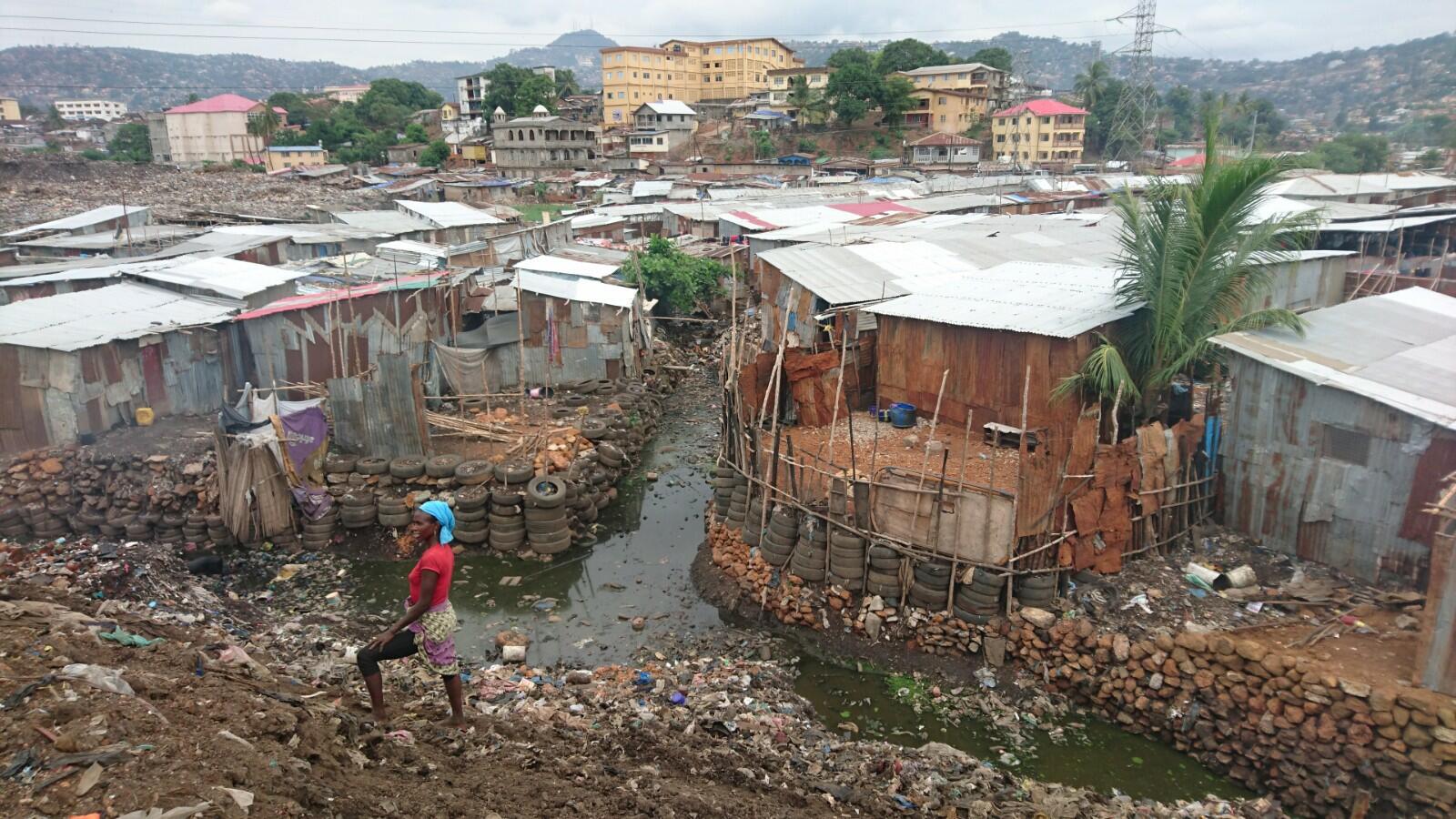
A partnership of urban development experts – including LSTM – has been awarded a contract of £32 million to establish the African Cities Research Consortium (ACRC).
ACRC will tackle complex problems in some of Africa’s fastest growing urban areas. Over 6 years, research will generate new evidence to catalyse integrated, sustainable, inclusive approaches to urban development. It is led by Professor Diana Mitlin of The University of Manchester and funded by the UK’s Foreign, Commonwealth and Development Office (FCDO) as part of UK Aid.
African Cities will approach urban areas as complex systems, undertaking engaged political analysis, in order to address large scale development challenges. A ‘city as a system’ approach aims to move beyond the sectoral silos of research and interventions by treating each city as a complex system, while integrating political and technical analysis undertaken alongside key players on the ground.
In addition to LSTM The African Cities Research Consortium brings together engaged partners including ICLEI-Africa, IIED, IRC, PASGR, ODI, SDI and UNU-WIDER, alongside The University of Manchester.
Rachel Tolhurst (PI at LSTM) said: “African cities is a wonderful opportunity to maximise the impact of our work through the ARISE Hub to support people living and working in informal urban settlements to claim their rights to health and well-being. We look forward to engaging with new and existing partners and linking with other sectors and ‘city systems’ to ‘make cities inclusive, safe, resilient and sustainable’ (SDG Goal 11)”.
CEO Diana Mitlin said, “The long term prospects for much of Africa will hinge on creating more sustainable, equitable and inclusive cities. The African Cities Research Consortium will enable us to tease out the complexities and highlight potential solutions to improve urban centres across the continent.”
ACRC has the ambitious aim of generating new evidence to catalyse integrated, sustainable, inclusive approaches to urban development challenges. An initial focus on 13* African cities will allow us to undertake focused, interconnected research which delivers real insights for local authorities, civil society and donors. Many problems constraining growth and development in any city are interlinked, with common political economy factors which undermine reform efforts.
Tade Akin Aina, Executive director of the Partnership for African Social and Governance Research (PASGR), based in Kenya will be the Uptake Director for the Consortium. He said, “Covid-19 is highlighting structural inequalities within cities across Africa. By taking a holistic approach and bringing together communities with local authorities and donors, I’m confident the African Cities Research Consortium will play a vital role in improving urban areas.”
* The initial 13 African cities are: Accra (Ghana), Addis Ababa (Ethiopia), Bukavu (DRC), Dar es Salaam (Tanzania), Freetown (Sierra Leone), Harare (Zimbabwe), Kampala (Uganda), Khartoum (Sudan), Lagos (Nigeria), Lilongwe (Malawi), Maiduguri (Nigeria), Mogadishu (Somalia), and Nairobi (Kenya).